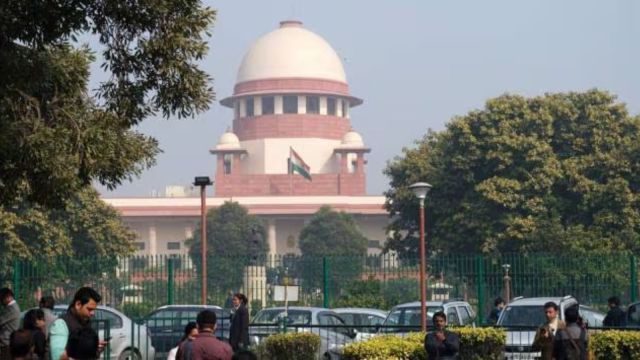
A recent editorial in this newspaper (‘A welcome pause’, IE, September 16), analyses the Supreme Court’s interim order on the Waqf (Amendment) Act, 2025. It lauds the Court’s intervention as a crucial step, but with a caution to the government: To “pay scrupulous attention to due process” in complex matters of religious importance.
However, the interim order sends a very different message. The Court has largely cleared the government’s proposed scheme on the future regulation of waqf properties and has not restrained its implementation to any extent. The few stays ordered must be read with nuance and in light of their actual implications. While the stays may appear to be small victories for the petitioners, in reality, these are almost nothing, in contrast to what has passed without scrutiny. Once adopted, they could pave the way for the successful implementation of the amendment and might even contribute to avoiding further judicial scrutiny during the final hearing. Once we go beyond the much-celebrated “stays”, the question of why the Court did not consider many of the core provisions of the amendment to be manifestly arbitrary becomes important.
Second, section 3C allows the derecognition of any waqf property, even if registered by the government and recorded by the government-formed State Waqf Boards, if it is later identified as governmental property. This raises serious questions about the government’s accountability for properties it registered earlier after following its due processes. The Court remains blind to this concern.
Third, while the interim order did reintroduce the tribunal in the adjudication process, the appointment process of the three-member tribunal is controlled by the executive. It would be interesting to recall the criticisms of Foreigners Tribunals — their members are appointed by the executive — from different quarters. Additionally, by directing a freeze on the status of the waqf while the executive-led inquiry is pending, the Court has left the benefits of the waqfs to the whims of the executive.
Beyond the treatment of individual provisions of the Amendment, there are also concerns about the way the Court approached the case. A reading of the order shows reasoning that, at times, seems to be based on conjecture, with the government’s claims accepted as fact and folded into the Court’s rationale.
Finally, as the government’s scheme remains operational under the Court’s interim approval, the ground realities and the status of many waqf properties may change materially before the final judgment. As experienced in the cases over the CAA, the law on the appointments of election commissioners, and electoral bonds, judicial delay often ends up supporting questionable governmental action in the interim. Even a favourable ruling later may provide little relief to those already affected.
For these reasons, I disagree with the editorial. There are far more reasons to be critical of the Court’s order than to adopt a celebratory tone, as the order effectively enables the government’s waqf scheme while projecting the appearance of restraint.
The writer teaches law at Jindal Global Law School. He was the 2023-24 Fox International Fellow at Yale University and Melbourne Law School